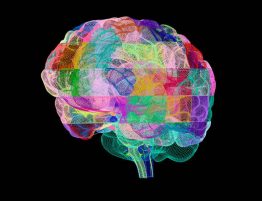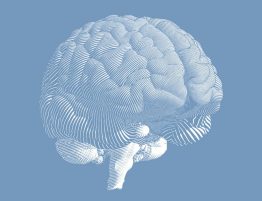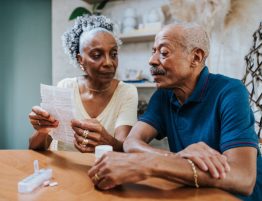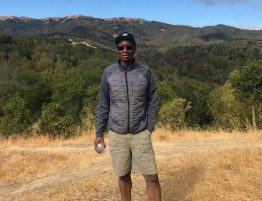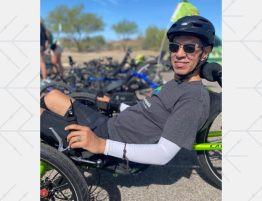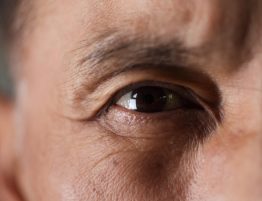
Most stroke survivors may be able to safely take commonly prescribed antidepressants to aid in their recovery, according to new research that could allay concerns over abnormal bleeding risks associated with these drugs.
People with clot-caused strokes, or ischemic strokes, who took selective serotonin reuptake inhibitors, or SSRIs, and/or serotonin and norepinephrine reuptake inhibitors, or SNRIs, for post-stroke depression and anxiety experienced no increased risk for abnormal bleeding, even if they also were taking anti-clotting medication, the study found. It did, however, find an increased risk of having a bleeding stroke among people who were taking two blood-thinning medications, a treatment called dual antiplatelet therapy, or DAPT.
The findings, considered preliminary until full results are published in a peer-reviewed journal, are to be presented next week at the American Stroke Association’s International Stroke Conference in Phoenix.
“Mental health conditions, such as depression and anxiety, are very common yet treatable conditions that may develop after a stroke,” lead study author Dr. Kent P. Simmonds said in a news release. Simmonds is a third-year physical medicine and rehabilitation resident at the University of Texas Southwestern Medical Center in Dallas.
The results should reassure clinicians that it is safe to prescribe SSRI and SNRI antidepressants early after stroke, he said. “However, caution is needed when considering the risk-benefit profile for stroke patients receiving dual antiplatelet therapy because we did find an increased risk of bleeding among this group.”
According to American Heart Association statistics, stroke is the No. 5 cause of death in the U.S. Roughly one-third of stroke survivors develop depression, which can harm quality of life and thwart recovery by, for example, limiting a person’s ability to return to normal, daily activities without assistance.
SSRIs and SNRIs are the most commonly prescribed types of drugs for anxiety and depression. While there is a high risk for depression and anxiety immediately following a stroke, health care professionals often don’t prescribe these medications due to concerns they could cause hemorrhagic, or bleeding, strokes or other types of abnormal bleeding.
But Simmonds said just after a stroke is the time when treatment for anxiety or depression could be most critical. “Maximizing rehabilitation early after a stroke is essential because recovery is somewhat time-dependent, and most functional gains occur during the first few months,” he said.
Using medical records from more than 70 health care organizations, researchers looked at the frequency of serious bleeding among stroke survivors over a 20-year period beginning in 2003. Among 666,150 stroke survivors, 35,631 took SSRI or SNRI antidepressants, including sertraline, fluoxetine, citalopram and venlafaxine. Another 23,241 people took another type of antidepressant. Types of serious bleeding included bleeding in the brain or digestive tract and shock that occurred due to heavy internal bleeding.
Stroke survivors who took SSRIs and SNRIs were no more likely to develop serious bleeding issues than those who did not take an antidepressant. This also was true for stroke survivors taking an anticoagulation drug, such as warfarin, apixaban and rivaroxaban, to prevent blood clots. However, those who took mirtazapine, bupropion, tricyclics and other antidepressants of a different class had a 15% higher risk for serious bleeding compared to people who took SSRIs and SNRIs.
But taking SSRIs and SNRIs in combination with DAPT increased the risk of a bleeding stroke by 29% and other serious bleeding problems by 10%.
“Fortunately, dual antiplatelet therapy is often administered for 14, 30 or 90 days, so, when indicated, clinicians may not need to withhold antidepressant medications for prolonged periods of time,” Simmonds said. He added future research is needed to investigate the risk of bleeding associated with antidepressant and anxiety medications among hemorrhagic stroke survivors.
The authors acknowledged that the study did not account for dosage, duration and the number of antidepressants taken by the participants.

